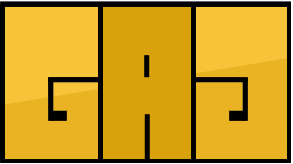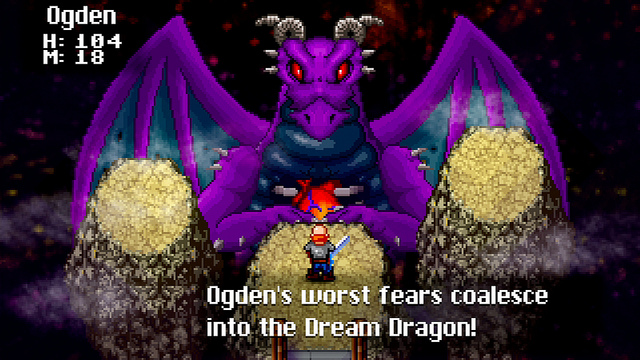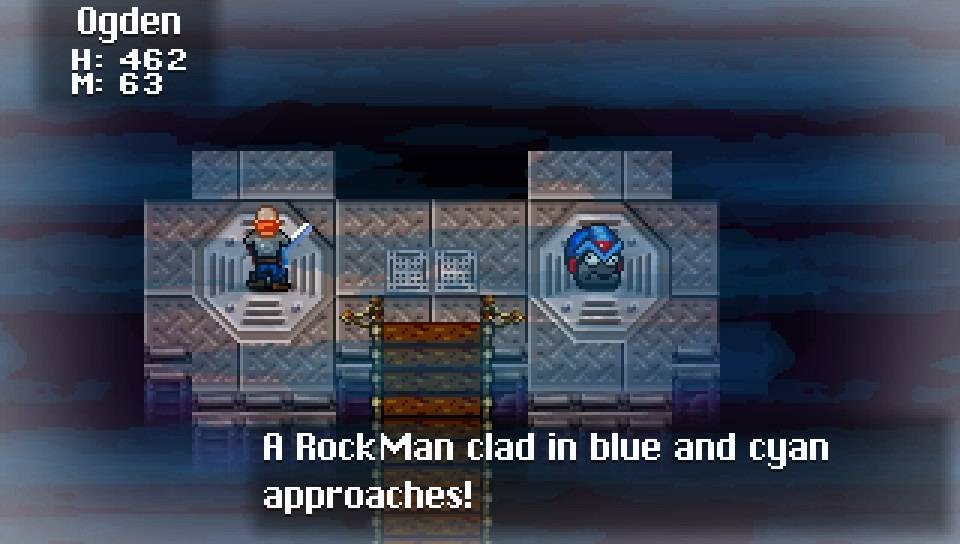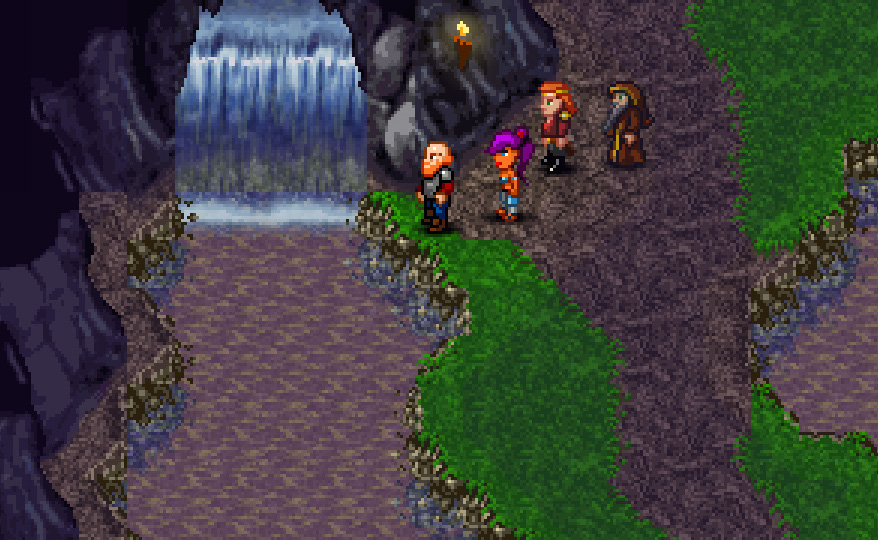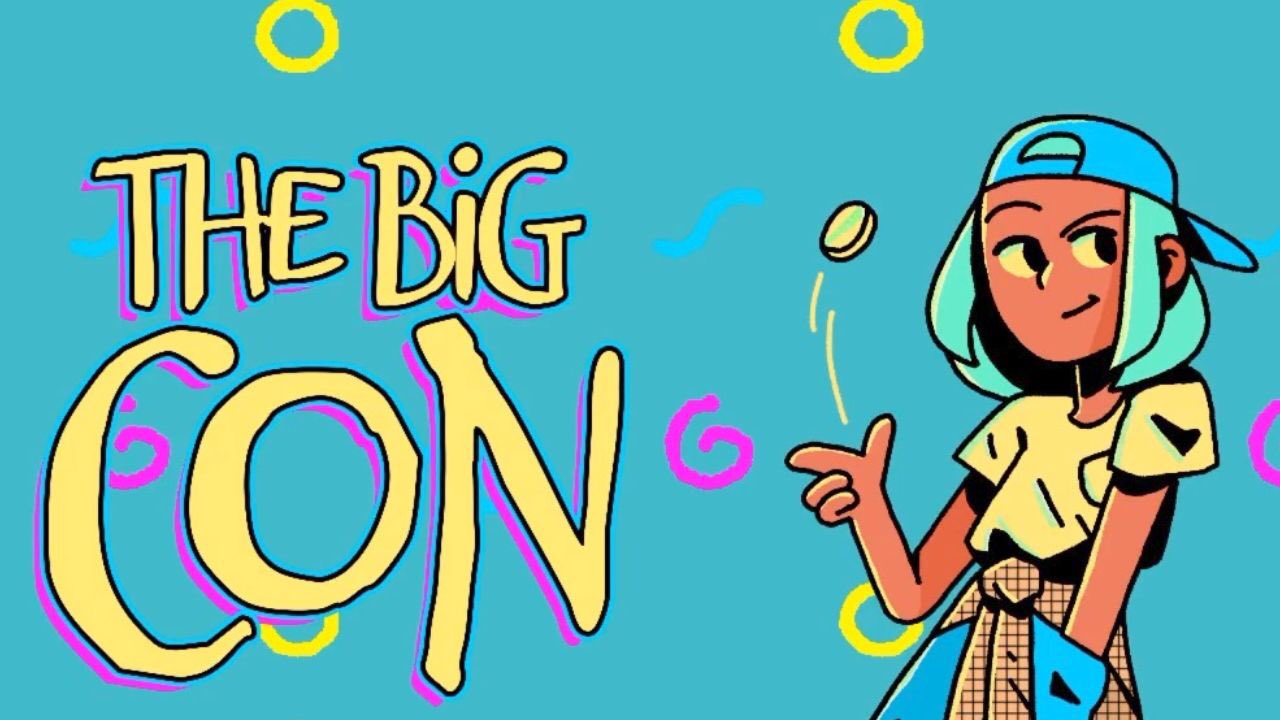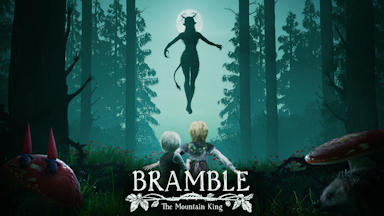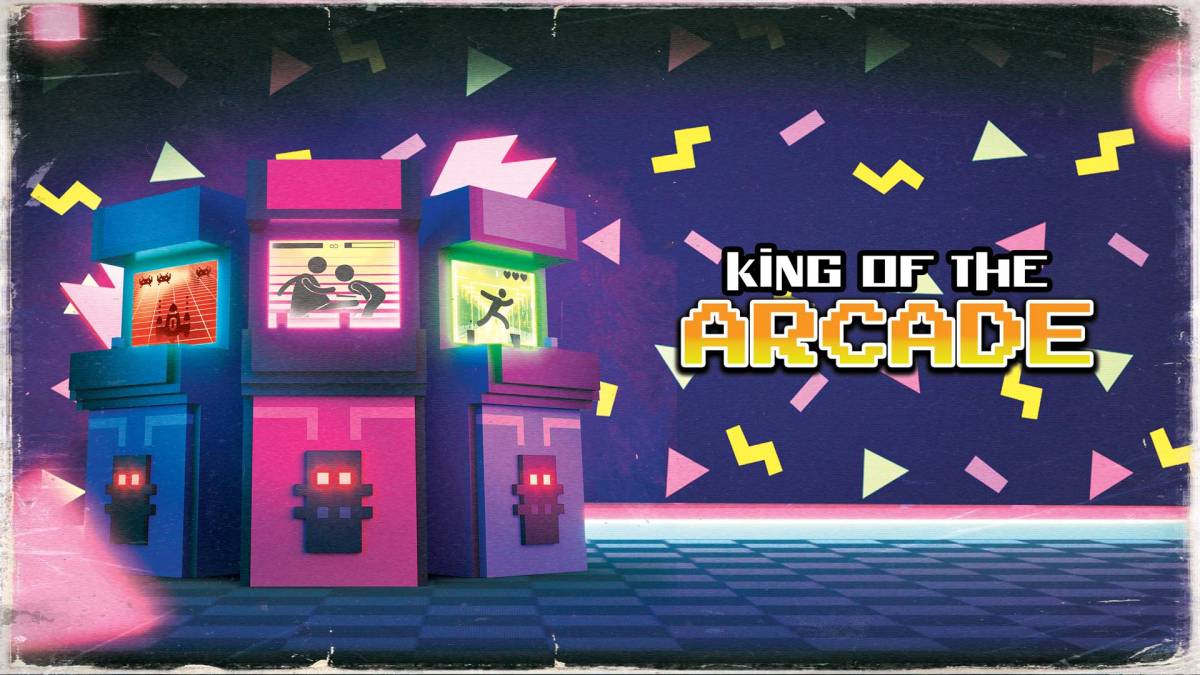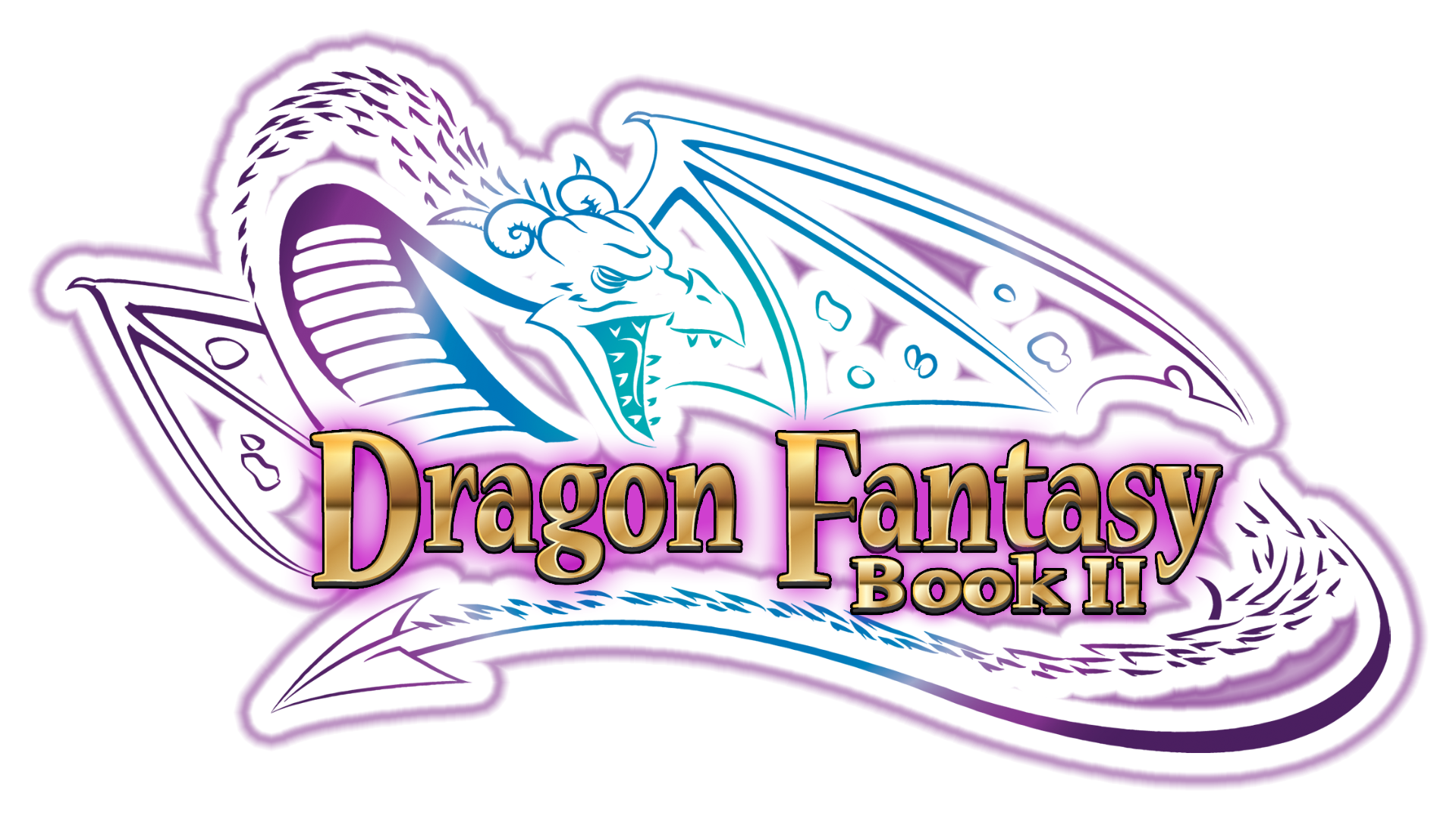
Platforms: PC, Android, iOS, Playstation 3 (reviewed), and Vita (reviewed)
I reviewed Dragon Fantasy: Book One earlier this year. While I enjoyed my time with it, the “swing and a miss” battles sucked a bit of my enjoyment out of it. Hoping for something a bit more brisk this time around, I sat down with Dragon Fantasy Book II wanting something a bit more refined.
You don’t need to have played Book One to make sense of Book II, which, considering the game takes place nearly immediately following, is a fairly impressive feat. Being able to keep an episodic story sensible can be enough of a feat, but doing that and making it possible to jump in in the middle of it and not feel completely lost is fairly impressive. It’s a fairly simple story, but it keeps moving at a snappy pace. While some of the dialogue can be a bit cheesy, the amount of puns that actually hit home balances it all out.
The largest issue I had was just how quickly the whole thing came to a close. There wasn’t much in the way of a warning that things were coming to a head and found myself quite surprised when it wrapped up. It was actually fairly jarring to see the credits roll, but I’d rather be left wanting more than feeling like I’m slogging through something that should have ended a few hours earlier than it did.
You’ll see your party split up more often than you’ll see all of them together throughout the course of the game. During those times, you’ll be able to round out your ranks with the monsters you fight. Playing a bit like Pokemon, you’ll need to weaken them up and toss a capture net at them to add them to your ranks.
Doing away with the random battles of Book One, enemies walk about onscreen, making it a bit easier to size up what you’re up against before heading into (or avoiding) the fight. Skills and magic now have an area of effect, allowing a bit more strategy once in the battles. There are no team up attacks, but if you’re getting the sense that it’ll feel familiar if you’ve played Chrono Trigger, you’d be spot on. Each character gets a mostly unique set of skills that expands as they level up. The monsters you have join your party also learn abilities as they level, but their move set is typically much more limited than the human characters in your party.
Battles normally move at a fairly brisk pace, but sometimes are bogged down with a menu coming up showing the enemy list and you needing to select from that rather than just putting the cursor over the enemy you want to select. It’s a strange glitch that never seemed to go totally away despite a couple of updates. It’s certainly not game breaking, but having it pop up definitely is a bit of a speedbump in the middle of an otherwise quick fight.
There’s plenty of sidequests if you want to extend the game a bit longer, but most of them don’t offer much in the way of reward for completing them. They do give you a chance to explore a bit more and make grinding for experience, gold, and potential monster allies a bit less mundane, but they offer little in the way of actual rewards for completing them. There’s also a quest list that helps keep track of which quests are active and which have completed. They’re a bit more vague than I’d like, as they give minimal context to the actual quests. You’ll be expected to remember who gave which quest to you as you need to go back to that person to tick it off your list. That, more than anything, was troublesome for me, as the characters that assign them to you are mostly the “generic” townspeople, making identifying them an exercise in talking to each person in town until I hit the right one. Thankfully, they’re all optional, so if they’re not doing anything for you, feel free to pass them by.
I’d be remiss in not mentioning the presentation, which has been brought up to the 16-bit era of gaming. The character sprites are fairly simple, but the enemy designs are pretty clever and unique, with a minimal amount of palette swapping. My favorite in this section though is the soundtrack. There was a few areas of the game I was hoping would last a bit longer so I could enjoy the background music a bit longer. If it’s made available to purchase, you can bet I’ll be buying it (and you’ll likely end up hearing a few cuts on the podcast).
Making a return from the Playstation 3 and Vita version of Book One, you’ll be able to play through on each platform. Play on the PS3, upload your save to the cloud, download the save on your Vita, and keep it going on the go. It’s a small feature, but one that makes playing it a much easier experience if you have to fight for use of the TV.
Dragon Fantasy Book II borrows ideas from different series, mashing them together into a wonderfully enjoyable experience, even if it feels a bit disjointed sometimes. If there’s been this much improvement in the series this quickly, I can’t wait to see what Muteki brings to the table for their next effort, be it the next entry in the Dragon Fantasy series or something new.
